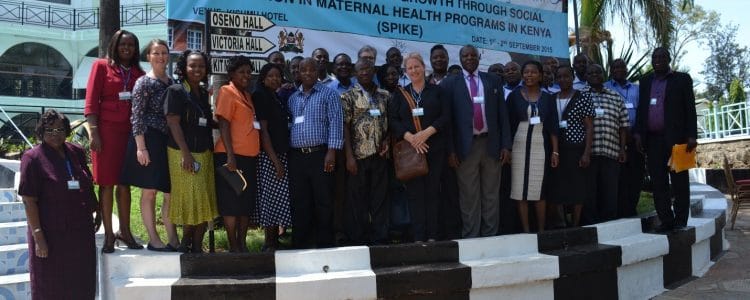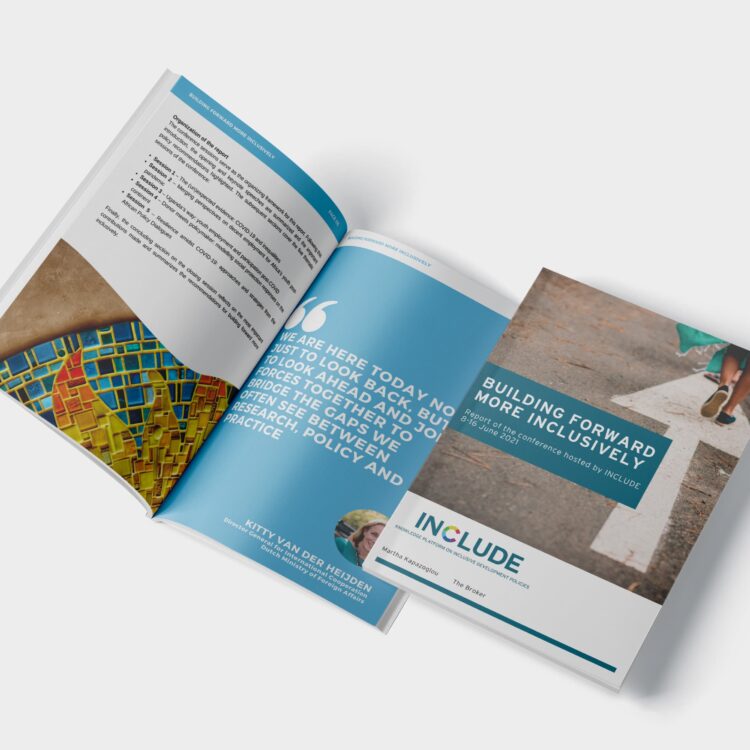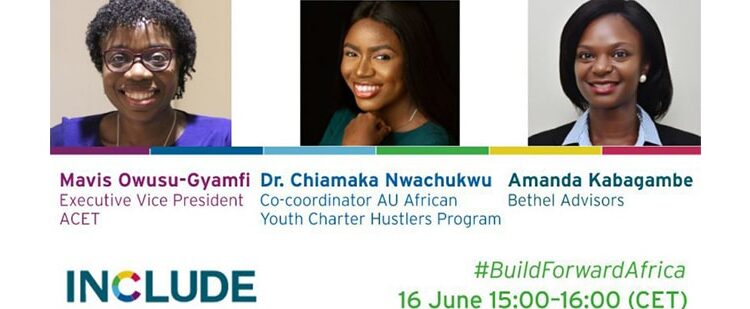
The SPIKE inception workshop brought together over 30 policy-makers, researchers and practitioners to discuss how to generate evidence on the effectiveness of maternal health programmes in Kenya and influence policy with this evidence. The stakeholders included members of the research consortium (Kenyan Ministry of Health, Maseno University Department of Sociology and Anthropology in the School of Arts & Social Sciences, University of Bern and Swiss TPH, University of Basel), representatives from the Kisii, Kilifi, Kwale and Kisumu county governments, delegates from county hospitals, and the media.
During the workshop, the delegates discussed the rationale and objectives of the SPIKE project, how to measure the cost effectiveness of health interventions, maternal and child health (MCH) policies in Kenya, and the economic anthropology perspective of household resilience and its implications for health. In addition, preliminary assessments of the Output Based Aid (OBA) voucher system and free maternity care in public hospitals were presented. This was followed by a discussion in which the delegates shared experiences from the two programmes and discussed the relevance of key issues for the SPIKE study.
The discussion revealed that, although Kenya has recorded improvements in MCH indicators and despite free maternal health services in public health facilities, the utilisation of services is not 100%. It was agreed that lack of cash is not the only factor keeping women away from healthcare facilities. Furthermore, although there are numerous health social protection interventions in Kenya (the maternal voucher system, OBA voucher system in selected counties, free maternity services in public health facilities, the ‘Beyond Zero’ campaign for maternal health, and performance based financing), out-of-pocket expenditure still constitutes the bulk of payments for healthcare, which is a major barrier to development. The two approaches to MCH being investigated by the consortium (OBA voucher system and free maternity) each have their own strengths and weaknesses. As the cost and effectiveness analysis of health interventions is complex, in addition to quantitative analytical methods, the participants decided that an emic evaluation (an interdisciplinary mixed method approach) may be useful in investigating these two approaches. They also agreed that communication is important in research and this requires the inclusion of diverse policy stakeholders, including politicians and beneficiaries such as the mothers.
Overall, the stakeholders agreed to work together to conduct research on maternal health by comparing the cost effectiveness of the OBA voucher system targeting vulnerable groups for maternity care with the free maternity policy in Kenya’s public health system. The two approaches will be evaluated using a cost-benefit analysis, cost-effectiveness analysis and cost utility analysis. The research consortium will keep all stakeholders updated on subsequent activities.




